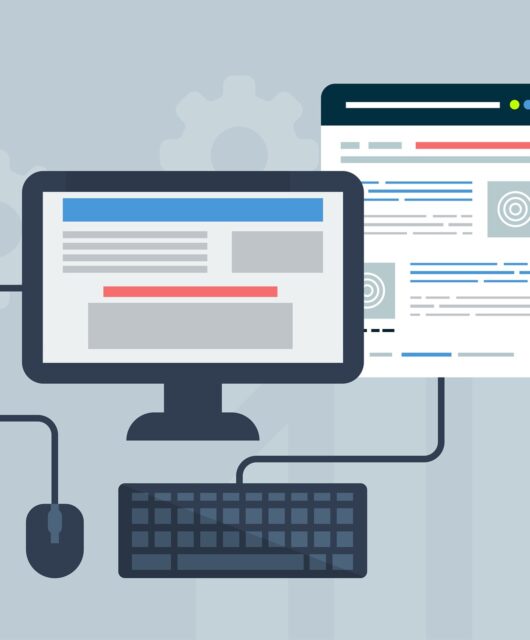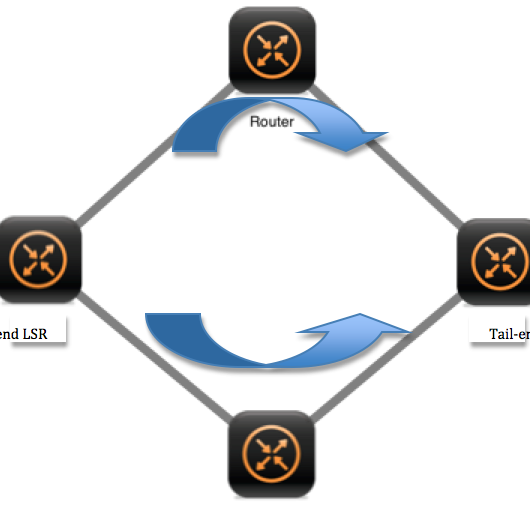What Is Zero-Knowledge Security Architecture?
 The overall security of personal and business data requires a lot of trust. Businesses need to trust their employees to not take advantage of access to customer data, which isn’t always possible. The unfortunate truth is that not everyone is trustworthy, and you don’t always know the kind of person you’re hiring until it’s too late.
The overall security of personal and business data requires a lot of trust. Businesses need to trust their employees to not take advantage of access to customer data, which isn’t always possible. The unfortunate truth is that not everyone is trustworthy, and you don’t always know the kind of person you’re hiring until it’s too late.
Luckily, there are some security features available that can prevent data breaches, even from internal sources. Employees have caused damaging data breaches in the past, and without certain measures in place, will continue to do so, whether by accident or maliciously.
Let’s take a closer look at the importance of protecting data, and how zero-knowledge security architecture can help.
The Need To Protect Your Data
Protecting your data should be a top priority for every business and individual out there. Most businesses aren’t practicing good password management for business, using a password manager to store, manage, and secure login credentials. A large percentage of people reuse passwords, even at work, causing huge holes to develop in the security of the entire business. This is a serious problem, especially when personal and business data are hot items on the dark web.
Business and personal data can be sold for hundreds of dollars on the dark web, and bought and resold entirely anonymously. The dark web is a haven for criminal activity, and once your information is there, a whole new set of problems can arise.
Protecting your data is about more than just using the right tools. You need to teach and train employees on best practices for proper security. And you might want to look into zero-knowledge architecture.
What Is Zero-Knowledge Security Architecture?
In today’s world, everyone has a digital identity. This is stored in the form of your name, address, phone numbers, and other personal information that you provide to websites and software. Your digital identity is, unfortunately, not as secure as you’d like to think. If you really step back and look at it, this “digital identity” is really just a honeypot of personal information that someone can get ahold of and use to extort you or your business. The problem? Our digital identities aren’t as secure as we’d like. The solution? Zero-knowledge security architecture.
Zero-knowledge essentially means that you can prove something without knowing what it is. It means that only you know what’s in your personal vault. This is often used in password managers so that you can sync passwords across multiple devices without your service provider knowing what’s in the vault. Only you will have access to your vault via your master password, which means that a potential intruder in your provider’s system can’t access your information, either.
As Individuals, We Have A Responsibility
There’s a common misconception or subconscious belief, rather, that simply using a password is enough to secure our data. While it’s certainly true that a good password can be a strong piece in the defenses, it’s not everything. It’s up to us, as individuals, employees, employers, etc., to take care of our own data. When we learn to do that, we can start becoming more collectively secure.
First, we have to address the idea of “it can’t happen to me.” It can happen to anyone at any time. Identity theft is still a problem, and cybercrimes occur every day. Data is being stolen, uploaded, and bought and sold, at this very second. It’s our responsibility to take responsibility.
A Changing Landscape
Over the years, consumers have been exploited by data—their own data. Data is what drives sales, improves marketing efforts, and brings in revenue. Without data, companies like Amazon and Facebook wouldn’t have so much control over our lives. But, even as data privacy is being discussed as a human right, the landscape is changing. Consumers are demanding more accountability, privacy, and protection for their data. Zero-knowledge security architecture is just one step in the right direction, along with limiting the way companies can use personal data and buy and sell it.
As consumers, only we can demand the changes we’re seeing taking place. Companies will continue to exploit data because it drives profits, and that’s something we can collectively change. Demand better security and privacy for your data. Stop giving out data to any website, company, or subscription that asks for it. Be more conscious of how you share data and with whom you share it.
Conclusion
As we move toward a more digital future, we’re seeing some major changes in the way data is stored, bought, sold, and packaged. Zero-knowledge security architecture is a step toward a brighter and more secure future, and some applications are already taking advantage of this awesome tool. It’s time for all of us to be more conscious and responsible and start taking private data more seriously.









